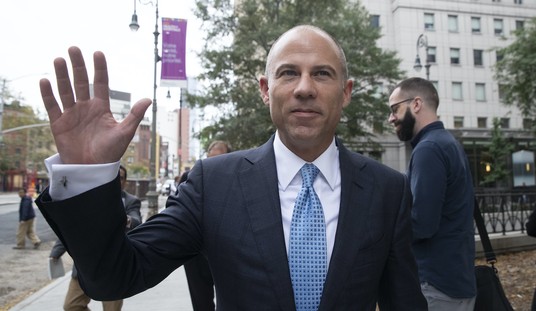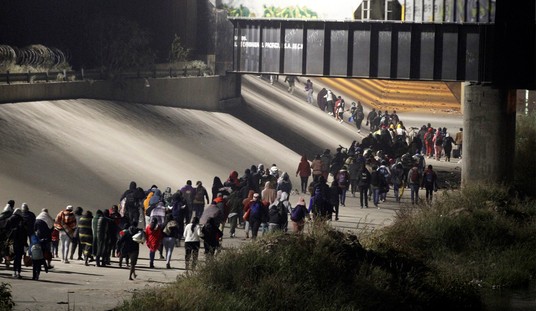The BBC says that Captain Phillips has been “released”, but the first details suggest he was rescued in an operation. One pirate is reported to be in custody. But the apparent end of the Maersk Alabama incident leaves unresolved the larger question of what to do with the Somali piracy problem and whether the pirates will be tried under the new rules the administration has decreed for ‘detainees’.
The captain of a US container ship taken hostage by Somali pirates has been released, the US Navy has said. According to initial reports, three pirates were killed in the operation to free Captain Richard Phillips. Another is in custody. Capt Phillips is said to be unhurt and on the USS Bainbridge, a warship sent to track the pirates holding him.
The Globe repeats the same details. “The captain of the Maersk Alabama was freed today, according to a CNN report, after being held captive by pirates on a lifeboat off Somalia for more than five days, a senior U.S. official with knowledge of the situation told the network. The official told CNN that Capt. Richard Phillips is uninjured and in good condition, and that three of the four pirates were killed, with the fourth pirate in custody. Phillips was taken aboard the USS Bainbridge, a nearby naval warship, according to CNN.”
It now appears that Phillips played a large role in the rescue by making a break for it — for the second time — although this is unconfirmed. Fox reports: “Initial reports indicate Phillips jumped overboard for a second time and the military was able to take advantage of the situation.”
What’s will be interesting to watch is how the fourth pirate — the one reported captured — will be treated. Mackubin Thomas Owens in the WSJ argues that the piracy incident revives the debate over who is an “illegal combatant”. Can the pirate claim, for example, on the basis of religious or other profession, that he is a “prisoner of war”? Will he be tried under the full protection of American laws if he’s on the Bainbridge and later transferred ashore?
Though they don’t often employ the term, many legal experts agree that al Qaeda fighters are latrunculi — hardly distinguishable by their actions from pirates and the like. Robert Kogod Goldman, an American University law professor has commented: “I think under any standard, the captured al Qaeda fighters simply do not meet the minimum standards set out to be considered prisoners of war.” And according to Marc Cogen, a professor of international law at Ghent University in Belgium, “no ‘terrorist organization’ thus far has been deemed a combatant under the laws of armed conflict.” Thus al Qaeda members “can be punished for all hostile acts, including the killing of soldiers, because they have no right to participate directly in hostilities.” But the Obama administration is about to extend legal rights — intended to protect civilians — to the very latrunculi who want to blow them up by considering the possibility of trying them in U.S. courts. Indeed, Attorney General Holder did not rule out trying the Somali pirates.
And if the Captain’s deliverance came in the manner described, events themselves must raise questions about the wisdom of preventing the merchantmen from being armed. If Phillips largely saved himself, employing nothing but his wits with the competent assistance of the USN; and if his crew regained their ship presumably with nothing but cunning and the contents of the galley drawers, how much better would they have fared if allowed a freer hand at self-defense?
But none of these questions should not obscure the fact that this time the pirates lost.









Join the conversation as a VIP Member